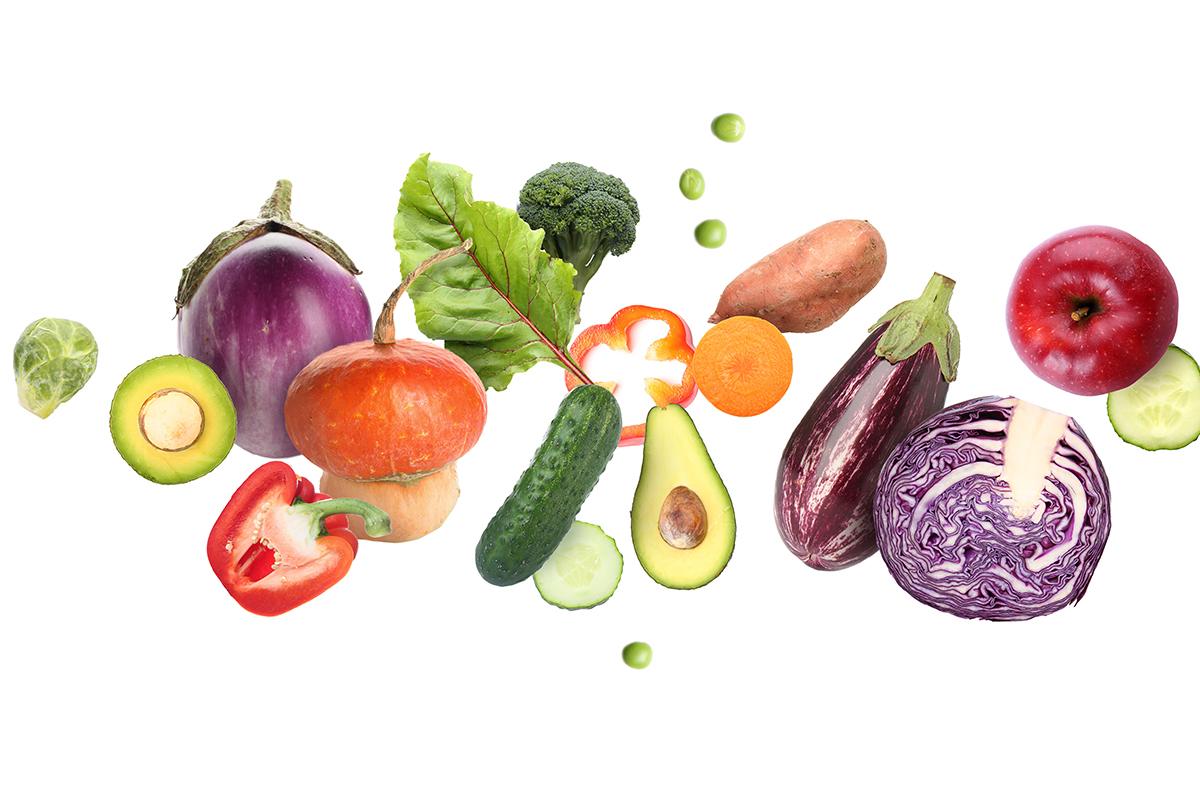Fabric, a technology company reshaping retail fulfillment, released Orchestra, an AI-native software suite that closes the gap between automation and business outcomes.
By combining the speed and precision of robotics with AI-powered decision-making, Orchestra enables retailers to cut costs, reduce shrink and deliver better customer experiences, without adding complexity or training burdens, according to a news release.
Designed with the realities of retail in mind, Orchestra helps teams onboard new employees faster, makes automation tools intuitive and accessible for everyone and brings intelligence to everyday tasks like inventory management and storage optimization. With Orchestra, fulfillment isn’t just automated, it’s smarter, simpler and ready to scale, the company says.
In the retail produce environment, Ori Avraham, co-founder and vice president of product and strategy for Fabric, says: “Handling produce is one of the toughest challenges in grocery fulfillment, but also one of the biggest opportunities, as customer satisfaction often hinges on the quality of the produce they receive. That’s why, when we built Orchestra, we emphasized automating every step of produce handling, to ensure grocers can consistently deliver fresh, high-quality items, and do so with the speed and flexibility that on-demand deliveries require.
“Our system manages all temperature zones — frozen, chilled and ambient — and consolidates orders automatically, thus greatly reducing labor costs,” Avraham says. “Orchestra also gives grocers the flexibility to sell produce in any format, loose or packaged, by weight or by item, without adding complexity. We employ advanced AI-based quality control to inspect produce and maintain freshness at scale, and we provide tools for everyone involved in the process, from operators, to floor, category and supply chain managers, ensuring inventory, picking and delivery are optimized. The result is fresher produce for customers, reduced shrinkage for grocers, and stronger margins across the board.”
Retailers today face rising labor costs, unpredictable supply chains and mounting pressure to deliver faster, more accurate fulfillment, the company says. Retail shrinkage consumes 1.6% to 2% of annual sales, totaling over $121 billion in losses, while training a single front-line employee can cost up to $4,600, expenses that add up quickly in a high-turnover environment. Despite investments in automation hardware, many fulfillment operations still rely on manual coordination, fragmented systems and costly human oversight. These bottlenecks erode margins and limit scalability, the company says.
Central to a shift toward democratized fulfillment are the many innovative capabilities within the Orchestra suite, such as Ops Pilot and the Digital Planogram.
Ops Pilot
Ops Pilot acts as an AI-powered operations assistant, like ChatGPT for the warehouse floor, designed to flatten the learning curve for every employee. By enabling simple, conversational interactions with the fulfillment system, Ops Pilot helps staff of any experience level get real-time insights, asking questions like: “How many orders did we pick yesterday” and troubleshoot tasks without formal training. This reduces reliance on highly skilled labor, accelerates onboarding and empowers teams to become productive faster. In a labor market defined by high turnover, rising costs and persistent staffing challenges, these advantages are game-changing. By handling everything from daily metrics to on-the-fly problem solving, Ops Pilot helps every worker become a confident, capable contributor, building a more agile and self-sufficient workforce, the company says.
Digital Planogram
Complementing this is the Digital Planogram, a visual orchestration tool that brings retail merchandising strategies into the automated warehouse. By mirroring store layouts and providing real-time recommendations on inventory replenishment, SKU placement and promotional displays, it turns complex decisions into simple, everyday actions for front-line staff. Rather than relying on manual adjustments or static plans, the Digital Planogram adapts dynamically to demand patterns and inventory levels, helping retailers optimize space, improve stock accuracy and reduce costly errors. In early deployments, the company says retailers have reported measurable gains in inventory turnover and margin protection, transforming layout optimization from a back-office function into a front-line advantage.
The Software Brain for Smarter Fulfillment
Orchestra serves as the coordination and intelligence layer across every aspect of fulfillment: inventory, labor, order management, delivery and robotics. It translates automated movements into business outcomes, bridging the gap between warehouse operations and retail goals. Designed with insights from Fabric’s own fulfillment centers, the suite addresses real-world bottlenecks retailers face on the ground, the company says.
“Orchestra is transforming fulfillment. It’s more than software powering robots, it’s a platform built from the retailer’s perspective,” Avraham says. “By equipping site managers, supply chain planners and customer experience leaders with the tools they need, Orchestra bridges the gap between automation and business outcomes. This is about more than efficiency, it’s about helping retailers cut costs, work smarter and deliver the seamless customer experience that defines modern commerce.”
Orchestra is generally available now.










